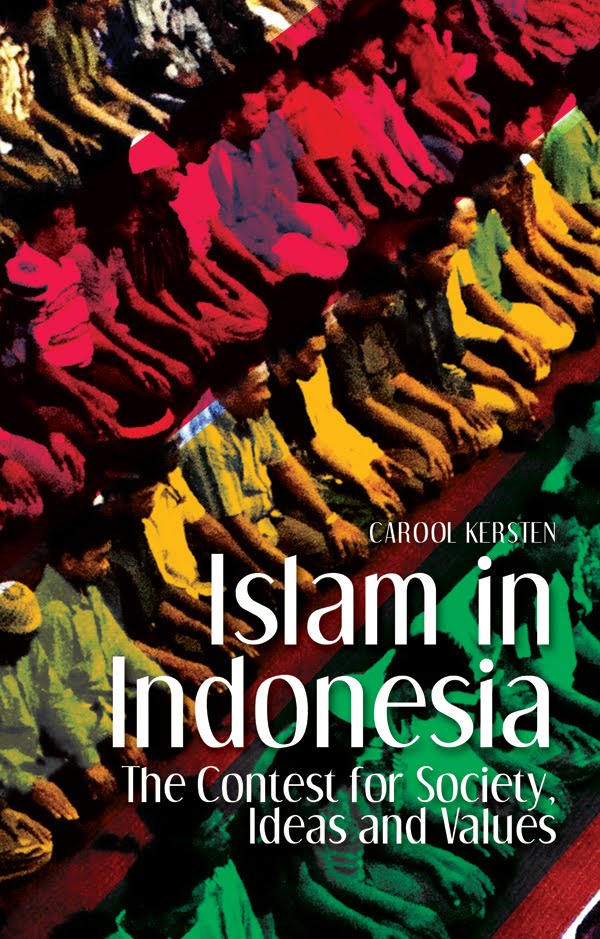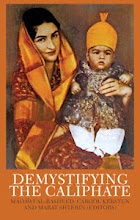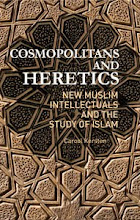 |
| Muhammad Shahrur |
According to a recent article on the Qantara Website:
Shahrur also regards himself as part of an avant-garde of Islamic "revivers." For him, the key recognition is that there is only one God, but many paths to reach him. And since the very beginning of his reformist work almost 20 years ago, he has clearly and vehemently pleaded for Muslims to turn to the revealed text themselves as the true criteria of divine truth instead of being "subservient to the authority of Islamic law.
Educated in Moscow and Dublin, Shahrur's intellectual profile matches the cultural hybridity and intellectual cosmopolitanism that characterizes the new Muslim intellectuals emerging in the final decades of the twentieth century. Influenced by Marxism and the philosophical Positivism that can be traced from Bertrand Russell and Alfred Whitehead to Kant, Fichte and Hegel, Shahrur is adamant that Islam's teachings can be reconciled with modern rational experiences of reality.
While since the publication of his first book, he has released a stream of publications on Islam's Sacred Scripture, he remains an engaged intellectual whose views echo very similar insights as other Syrian thinkers whose initial Marxist leanings are now complemented by a more sophisticated understanding of the importance of the Islamic heritage for achieving a secularization that can find root in Muslim societies:
Islam is for all intents and purposes the sole dominating normative force in the Arab world. "The religious heritage must be critically read and interpreted anew. Cultural and religious reforms are more important than political ones, as they are the preconditions for any secular reforms."In view of the central importance of the Qur'an to the Muslim worldview, Shahrur has continued to invest his intellectual energies in engaging with the sacred text. He has fine-tuned his research methodology by combining his interest in Positivism and the mathematical proclivities which can be traced to his science and engineering background, with new advances in linguistics.
In line with the liminality that is another characteristic of these heritage thinkers, his reinterpretation of Islamic concepts such as hudud, is an exponent of how this intellectual Muslim avant-garde operates in the margins of traditionally 'accepted' scholarly approaches. Originally referring to corporeal punishments prescribed by the Qur'an for certain transgressions, Shahrur returns to the word's etymology and reformulates it as a 'theory of limits' -- a divinely set boundary or moral imperative, which opens up a myriad of hermeneutic possibilities towards a depoliticization of narrow-minded understandings of Islam. With this he sees himself as stepping into the footsteps of the last major medieval Muslim thinker, Ibn Rushd, who has been a beacon for so many of Shahrur's peers (cf. my post on the Moroccan Averroist, the late Muhammad Abid al-Jabiri).
To read the full article on Shahrur click here.











